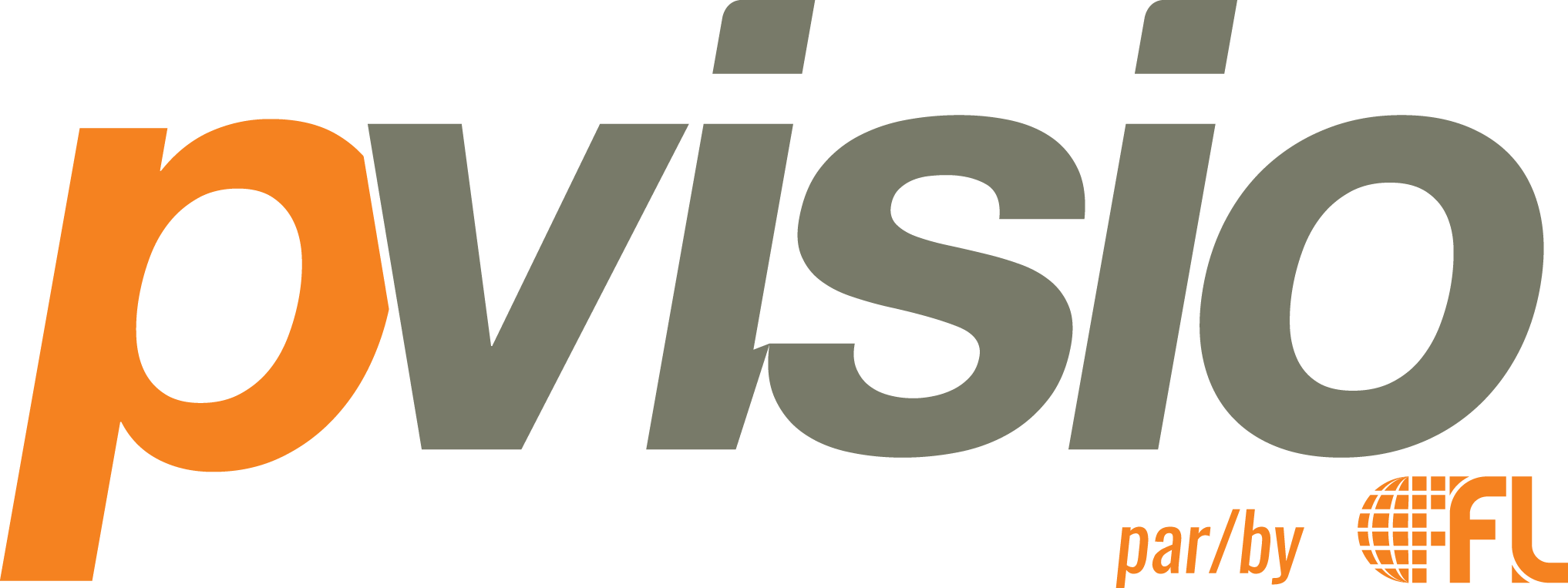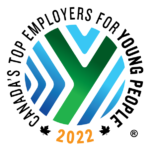- Recruitment process: Employers are generally not allowed to request private information prior to the employee beginning employment such as the social insurance number or date of birth, unless this information is required to meet a criterion of the position (ex. security clearance). Another common faux pas is asking personal questions during an interview – even if the conversation appears to be very open and casual.
- Reference/employment checks: When being approached for references on past or current employees, the employee’s consent should be obtained in writing before releasing any information from their personnel file. The caller should be able to provide you with the employee’s authorization to release the requested information.
- Employee’s confidential information: Personnel files should be kept under lock and key, and access to these files should be limited to individuals on a need to know basis. It may even be necessary to have several files for different purposes. For example, it may not be pertinent for the payroll clerk to have access to employee performance reviews.
- Employee access: Employees are entitled to access any information being collected on them. For example, they can request to consult their personnel file at any moment and are allowed to request that certain information be removed or corrected if needed.
- Personal contact information: Employees may request the phone number of a colleague or ex-colleague. While it is usually because they want to get back in touch with a former colleague or to contact a co-worker during their vacation, employers are not permitted to release this information. They should instead contact the employee in question and ask their permission to release the information.
- Collecting other private information: Employers must have a legitimate reason to collect information on an employee that is not directly relevant to their work. With the abundance of personal information available through social media, employers can be tempted to get to know their staff better, and the information found is not always to the employee’s benefit. While this information can sometimes be considered as valid evidence in a legal dispute due to its public nature, employers should be reviewing this information with a specific purpose in mind and not simply fishing for incriminating details on the person’s life.
- Third-party access: While in many cases this consent is implicit, it is recommended that employer’s get their employee’s written consent to share their private information to third-party providers, such as payroll and benefit providers, or even to outside consultants.
- Computer use: Without proper written policies in place, employees can have an expectation of privacy when using company computers or equipment. It is very important that your policy manual state that they should have no expectation of privacy and that certain people (generally their supervisor, or HR and IT personnel) can access their computers at any time.
- Birthday celebrations: While some companies like to celebrate their employee’s birthdays, employees should consent to this information being made public. In general, most employees will readily give their consent as long as only their birth day and month are given, as not to reveal their age.
For more information on our HR Consulting services, email us at [email protected]
HR Connection – Fall 2013
Ask an HR Expert – Health & Wellness
Pay Equity – When is Your Plan Due?


